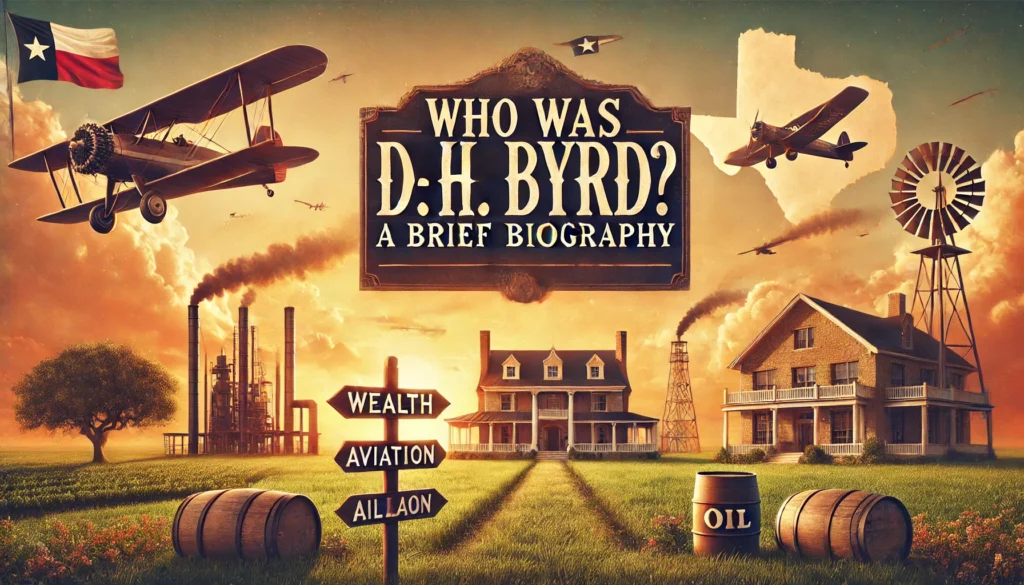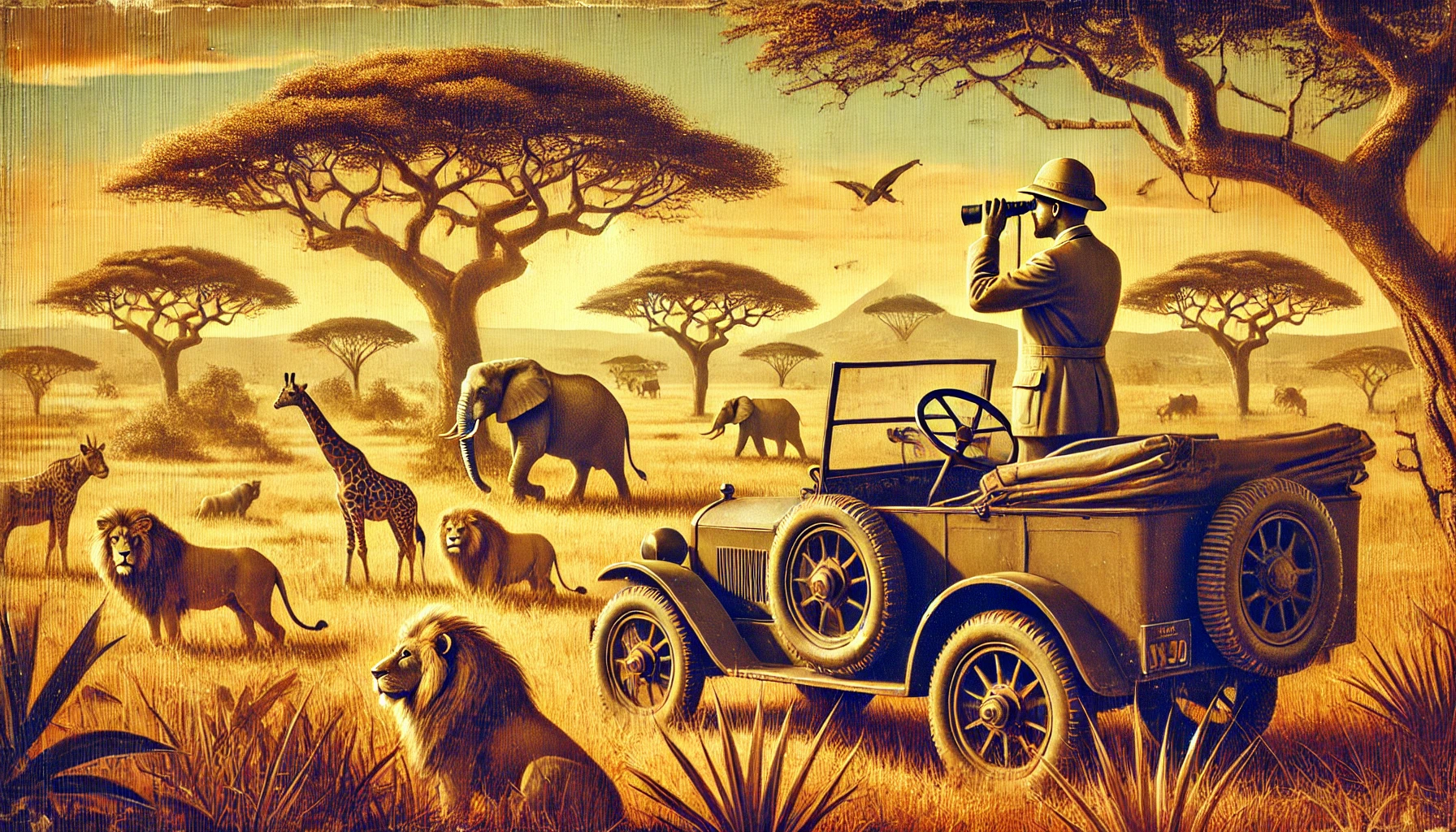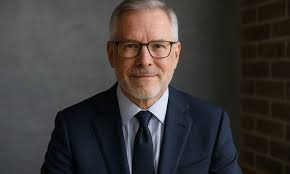History is full of fascinating characters whose lives intersect with some of the most iconic events of the 20th century. One such individual is David Harold Byrd, more commonly known as D.H. Byrd—a successful Texas oilman, aviation enthusiast, and businessman. While his name may not be as widely recognized as some of his contemporaries, Byrd is tied to one of the most pivotal moments in American history: the assassination of President John F. Kennedy in 1963.
But what makes Byrd’s story especially intriguing is that during the assassination, he was reportedly far from Dallas—notably, on a safari in Africa. This curious coincidence has attracted the attention of historians, researchers, and conspiracy theorists for decades. So, what was D.H. Byrd doing in Africa, and why does it matter?
Who Was D.H. Byrd? A Brief Biography

Born in 1900 in Texas, D.H. Byrd rose to prominence through the oil and gas industry during the early-to-mid 20th century. Beyond his wealth, Byrd had a deep interest in aviation and military defense.
Notable Achievements:
- Co-founder of the Civil Air Patrol (CAP) in 1941, a civilian auxiliary of the United States Air Force.
- Founder of Byrd Oil Corporation and other business ventures.
- Investor in TEMCO Aircraft, which later merged into Ling-Temco-Vought (LTV), a major defense contractor.
One of his most notable assets was his ownership of a building in downtown Dallas—the Texas School Book Depository, which would later become infamous.
The Texas School Book Depository and JFK’s Assassination
On November 22, 1963, President John F. Kennedy was assassinated in Dealey Plaza, Dallas. The alleged shooter, Lee Harvey Oswald, fired the shots from the sixth floor of the Texas School Book Depository—a building owned by none other than D.H. Byrd.
This fact alone placed Byrd’s name permanently in the shadow of JFK’s assassination. However, Byrd was reportedly not in Dallas that day—he was on a big-game hunting safari in Africa.
D.H. Byrd’s Safari in Africa: Timeline and Details
According to multiple historical accounts and references, D.H. Byrd left the country in early November 1963 and embarked on a luxurious safari expedition in Africa. While the specific country or countries he visited remain unconfirmed in public documents, East Africa (like Kenya or Tanzania) was a common destination for such elite safaris at the time.
Safari Highlights (as commonly reported):
- Purpose: Leisure and big-game hunting, a popular activity among wealthy Americans in the mid-20th century.
- Duration: Several weeks, likely beginning in early or mid-November and concluding in late November or early December.
- Companions: Other American businessmen, hunters, and possibly guides and trackers from the host country.
The timing of this trip—coinciding precisely with JFK’s assassination—has led some researchers to speculate about its significance.
Why Does the Safari Matter?
While a simple hunting trip may not seem suspicious on its own, the coincidence of Byrd’s absence during a major event involving his own building has raised eyebrows for decades.
Possible Reasons the Safari Draws Attention:
- Timing – Byrd left for Africa just before the assassination and returned shortly afterward.
- Location – His building became the epicenter of one of the greatest tragedies in American history.
- Connections – Byrd had political and business ties that have long been of interest to conspiracy theorists.
However, it’s important to clarify that there is no direct evidence linking D.H. Byrd to the assassination beyond his ownership of the building.
Also Read: Pokemon Trading Card Size – A Complete Guide for Collectors and Players!
A Closer Look at Elite Safaris of the 1960s
During the post-war era, African safaris were considered the ultimate adventure for the rich and powerful. These trips were often weeks-long journeys deep into the wilderness, involving:
- Luxury camps and tents
- Professional hunting guides
- Transportation via bush planes and Jeeps
- Hunting of “Big Five” game: lion, elephant, buffalo, leopard, and rhinoceros
For men like Byrd, such an expedition was not just a vacation—it was a symbol of status, wealth, and masculine prowess.
After the Safari: Byrd’s Reaction to JFK’s Death
Upon returning from Africa, Byrd expressed shock and sadness over the assassination, like most Americans. In later years, he even preserved the window from which Oswald allegedly fired the fatal shots. The window became part of Byrd’s private collection, further fueling public intrigue.
Legacy of D.H. Byrd
Despite the mystery around his African safari, Byrd’s legacy is defined more by his work in aviation, oil, and philanthropy.
Key Contributions:
- Promoted aviation in Texas and across the country.
- Supported military readiness through the Civil Air Patrol.
- Played a role in America’s Cold War-era defense infrastructure.
His ownership of the Texas School Book Depository remains a historical footnote—one that tied his name forever to one of the most controversial days in U.S. history.
FAQ’s
1. Who was D.H. Byrd and why is he historically significant?
D.H. Byrd was a Texas oil tycoon, aviation enthusiast, and founder of the Civil Air Patrol. He is best known for owning the Texas School Book Depository—the building from which President Kennedy was allegedly shot.
2. Was D.H. Byrd really on a safari in Africa during JFK’s assassination?
Yes, historical records suggest that D.H. Byrd was on a big-game hunting safari in Africa at the time of President Kennedy’s assassination in November 1963.
3. Why is D.H. Byrd’s African safari considered controversial?
The timing of Byrd’s safari—coinciding with the JFK assassination—has sparked speculation and conspiracy theories, especially since the event happened in his building.
4. Where exactly in Africa was D.H. Byrd’s safari held?
While exact details are unclear, it’s believed Byrd was in East Africa, possibly Kenya or Tanzania, which were popular safari destinations for wealthy Americans in the 1960s.
5. Did D.H. Byrd have any connection to Lee Harvey Oswald?
There is no confirmed direct connection between D.H. Byrd and Lee Harvey Oswald, the accused assassin. Byrd was simply the building owner where Oswald worked.
6. What did D.H. Byrd do with the JFK assassination window?
After the assassination, Byrd preserved the sixth-floor window from which Oswald allegedly fired. He kept it as a personal artifact, which later fueled more public interest.
Conclusion: An Adventurous Life Marked by Coincidence
The statement “D.H. Byrd was in a safari in Africa” may seem like a minor detail in the grand scheme of history. But when placed in the context of the JFK assassination and Byrd’s influence in American aviation and business, it becomes a fascinating piece of a much larger puzzle. Was it coincidence, timing, or something more? While we may never know the full story, Byrd’s African safari continues to be a point of discussion and curiosity for historians, researchers, and the public alike.
Related Post
- SimplyCanadian Drink – Unpacking the Mystery Behind the Code!
- What Is Auctane Shipstation – A Complete Guide for E-commerce Sellers!
- Flixfare – Your Ultimate Destination for Streaming Entertainment and Movie Discoveries!
- Cyroket2585 Patch – What It Is, How It Works, and Why You Might Need It!
- Rachel Catudal – A Glimpse into Her Life, Career, and Influence!







